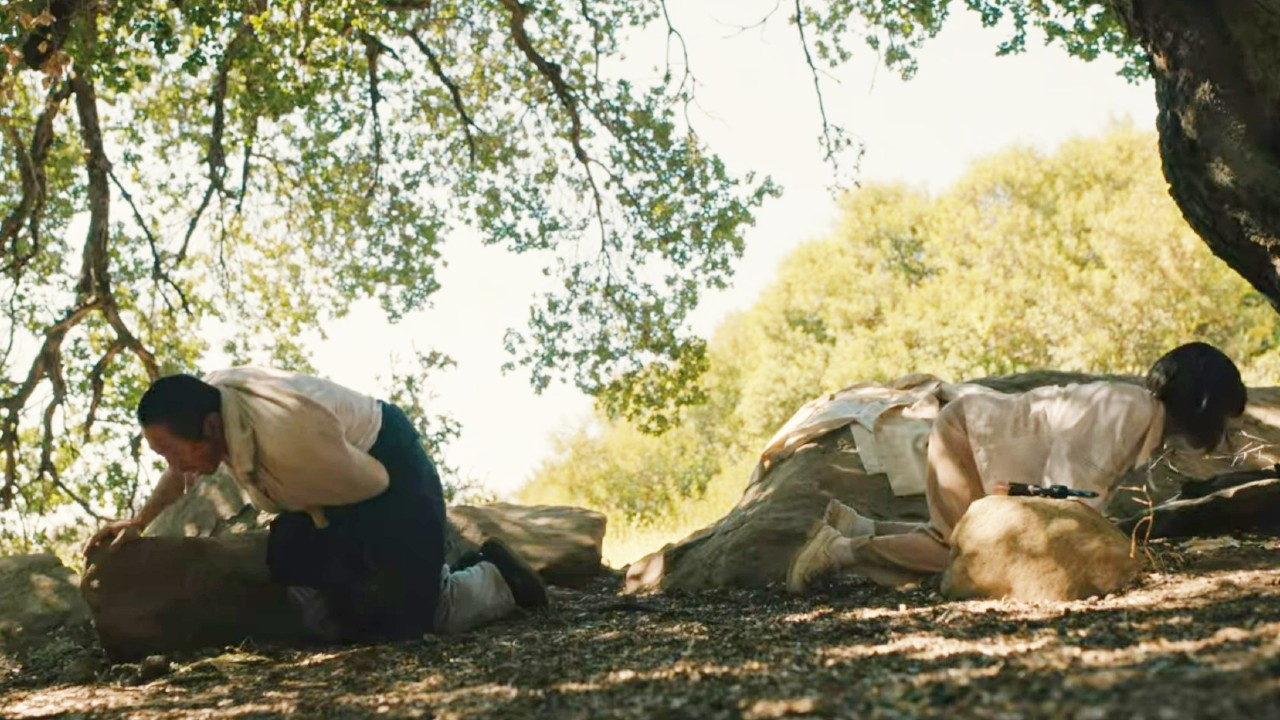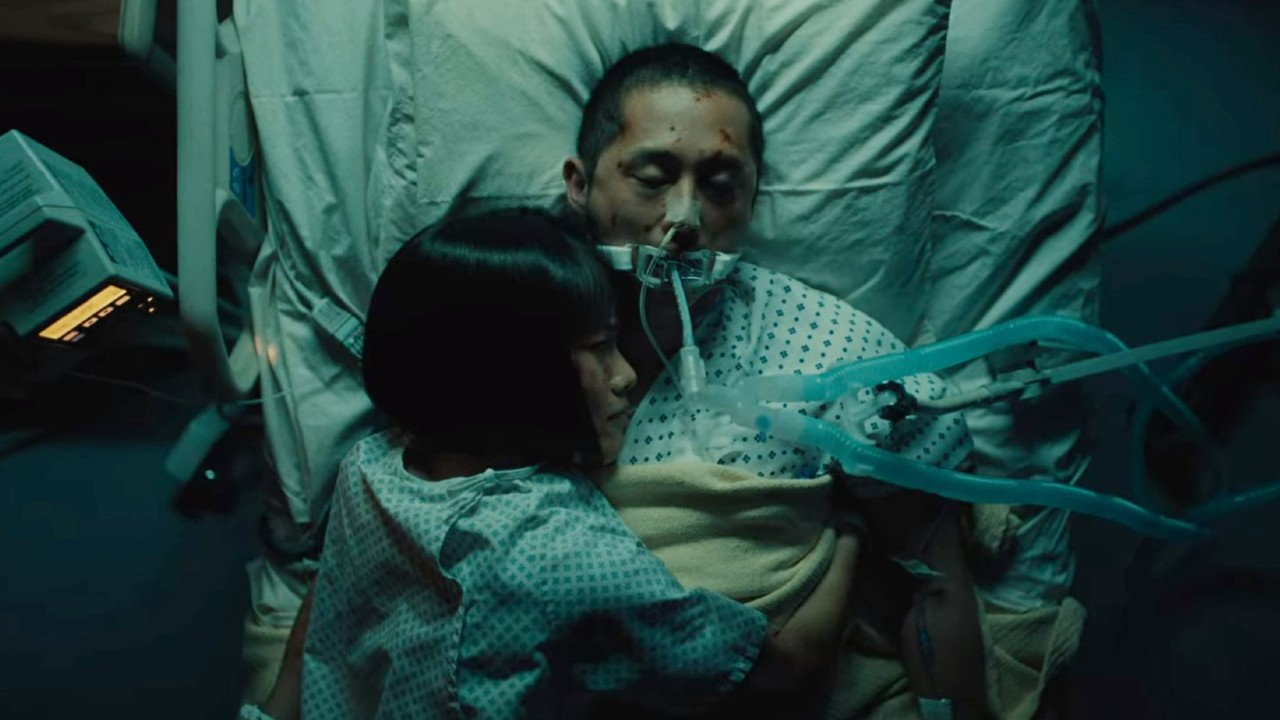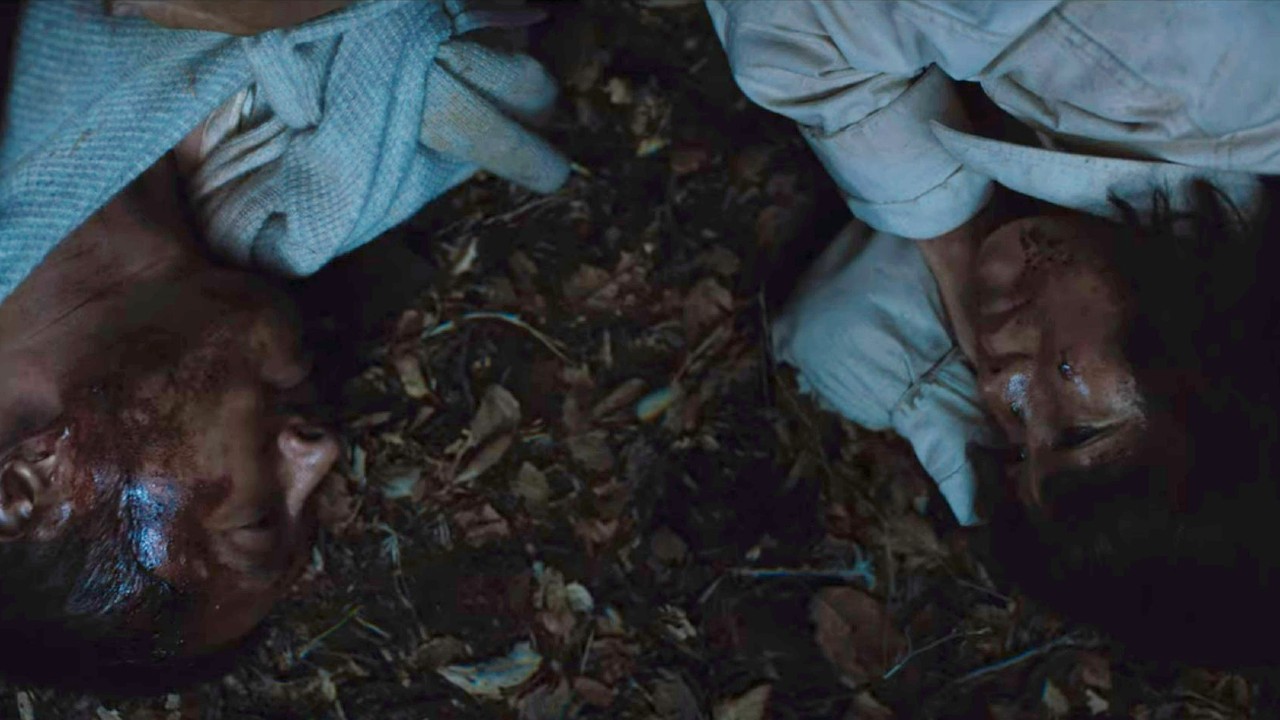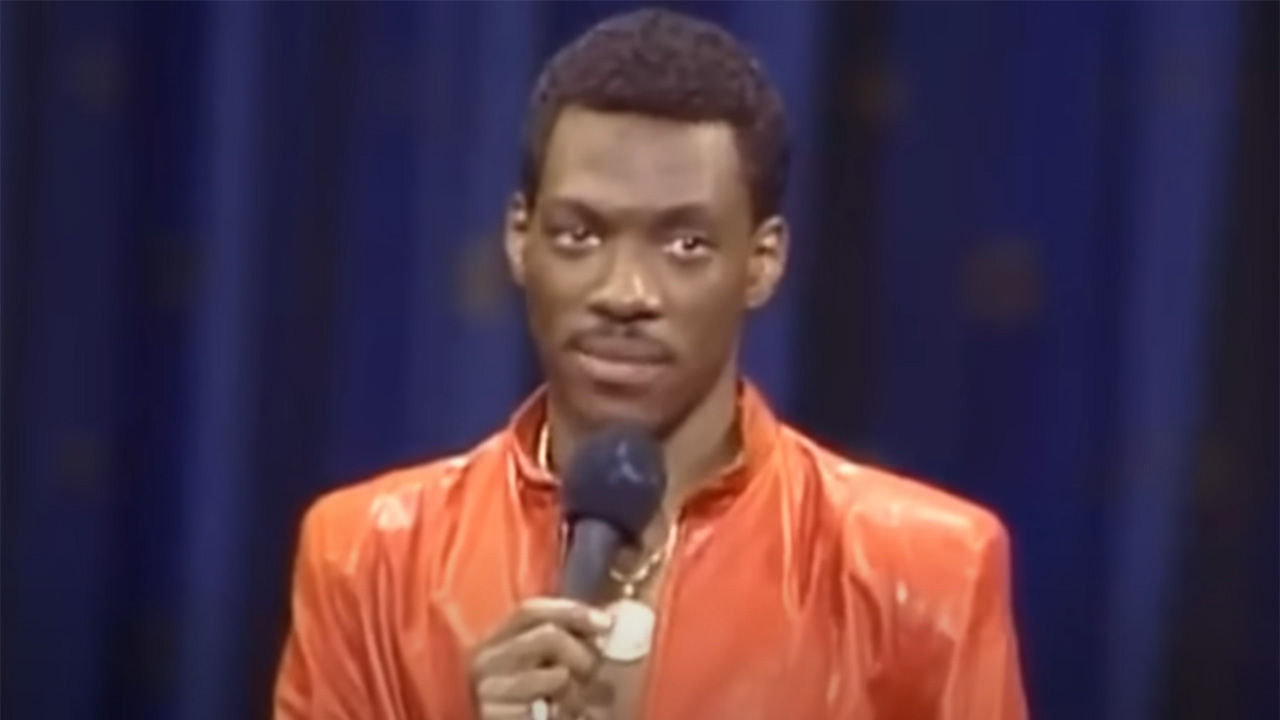BEEF Ending Explained: What Happened And What It All Means
This is an extremely hopeful road rage story.
Updated with video.
Steven Yeun and Ali Wong play bitter rivals Danny Cho and Amy Lau in one of Netflix’s best shows, BEEF. With humor and authenticity, the show explores feelings of loss, loneliness, and anger. Anger that is so venomous it’s channeled into unhealthy and destructive behavior. The intricate details and complex characters make it one of Ali Wong and Steven Yeun’s best projects. It’s a beautifully executed series that builds up to an explosive confrontation, and then the ending slows things down to a quiet but powerful final note.
The BEEF cast and crew are at ease in this semi-realistic but ridiculous world of pettiness and despair. Because of the sincerity in the writing and the outstanding performances by both leads, you’re allowed to embrace and enjoy the fun premise and deeply connect with its themes and messages. The ending highlights these themes in a way that feels honest and hopeful.
Let’s dig deeper into BEEF's ending and what everything means.

What Happened At The End Of BEEF
After accidentally poisoning themselves, Danny and Amy spend an undisclosed amount of time talking about life, philosophy, and their own personal shame and traumas. One night, they go to sleep thinking they will die only to discover that they have survived. Danny and Amy continue on to find their way back to civilization.
Once they get closer to homes and roads, their phones start working again. This allows them to see a bunch of missed messages, and Danny learns that Paul (Young Mazino) is alive. Their phones turning on also allows George (Joseph Lee) to activate the “Find My Phone” feature on Amy’s phone, before their devices then once again lose reception.
Danny and Amy continue to walk but then rest once they are back to civilization. Not knowing the context of the situation, George arrives seeing Danny hovering over Amy and shoots him. Danny is then unconscious in a hospital bed while Amy is by his side. She thinks about their first encounter and a conversation they had about everything fading. Amy then crawls into his hospital bed and hugs Danny.
Your Daily Blend of Entertainment News
Time seems to pass because of the changing sunlight in the room. BEEF’s ending shows Danny begin to put his arms around Amy.

The Significance of Amy And Danny Losing Paul And George
Amy and Danny are two people constantly chasing something. Sometimes they’re chasing financial security. Sometimes they’re after love or power or a sense of purpose. Occasionally, they’re chasing each other. However, the thing they’re chasing the most is finding someone who loves them unconditionally. They want someone who sees their flaws and still accepts them. Danny wants this acceptance from his brother, Paul; Amy wants it from her husband and daughter.
Neither of them gets this from those they love the most. George demands a divorce after seeing the darker side of Amy, and Paul leaves Danny after Danny kind of forces him to go by revealing that he ruined his academic future. Danny then thinks Paul could be dead because he hears gunshots right after Paul goes over the wall during the hostage situation. Amy knows she officially lost George when he takes June in the hostage aftermath and doesn’t even stay to see if she’s okay.
Both need to feel like they lost these important people to reevaluate themselves and these relationships. In their minds, everything they have done to this point has been for those people. Therefore, to then lose them, takes away their main sense of duty and purpose.
In addition to losing their families, they also momentarily are cut off from modern distractions like phones and work. The act of being poisoned also allows them to break down their bodies and minds to a place of complete vulnerability.
It’s this stripping away of these things that allows them to purge all their barriers and truly get to know each other. They have nothing left to protect or covet. They can take off their masks and show their battle scars.

Amy And Danny Are The Same Brokenness
It’s apparent to the BEEF audience that Danny and Amy are more alike than they are different. However, they see each other as the enemy. It’s only by being trapped together that they can share their true selves with one another. They both even admit that they’ve never talked like this to anyone else. In many ways, Danny and Amy are soulmates.
Many automatically associate soulmates with some sort of romantic entanglement or something people in great romantic comedies would call each other. However, soulmates, in my opinion, are just people who understand each other in a deeply profound way. Though BEEF plays out like classic enemies-to-lovers films, I don’t think Amy and Danny’s soulmate status is romantic, it’s deeper than romance. They share the same insecurities, fears, similar traumas, loneliness, and a sense of “Catch-22” about life.
Amy tells Danny that she thinks that “when nowhere feels like home, you just retreat into yourself.” This basically sums them up. They bottle everything up because they don’t feel like they have a place to belong or people they belong with.
In a Newsweek interview, Ali Wong shared that BEEF’s creator, Lee Sung Jin (known as Sonny), wanted to create a sense of home with the final scene. The characters have been searching for that feeling of being home and have finally found it with each other. Their mutual brokenness and ability to show all their inner demons have created a deep bond between them.
Amy crawling into the hospital bed with Danny is an act of her coming home. In a TVline interview, Wong further explains the importance of that moment:
He’s the only person she’s let really see her and I don’t know if she even let it happen. It just happened and she realizes how much she appreciates it. And now with the risk of Danny dying, she’s just like, ‘Please don’t go away. I’ve never felt more at home in my life.'
BEEF’s ending shows Danny starting to wrap his arms around Amy. We don’t know what happens next, but I like to believe that he embraces her back. It’s a similar act to when they believe they’re going to die and tell each other that they matter. This embrace is another way of saying, I see you. I love you, and I accept you.
They’re the same type of broken, but they make each other a little bit more whole.

The Relevance Of The Finale’s Title
The title of each episode is based on a quote. The title of the BEEF finale, “Figures of Light,” comes from a Carl Jung quote. In a Variety interview, Lee Sung Jin further explained the importance of the quote in relation to the show:
The Carl Jung quote is probably the main North Star for the show, even before I pitched it. It’s “one does not become enlightened by imagining figures of light, but by making the darkness conscious,” and that is ultimately what this show is about.
Amy and Danny can only understand themselves (and each other) by not just looking at positive aspects of their lives and selves but by digging into the parts of themselves that reveal their darkness (traumas, insecurities, regrets, bad deeds, etc.). It’s only then that they can work to fix, or embrace, these darknesses and then develop this strong connection with each other.
BEEF showcases one of Ali Wong’s best works and reminds us why we can’t wait to watch more upcoming Steven Yeun projects. It’s really a brilliantly written and directed show that’s made even better by the leads’ chemistry and acting abilities, and is one of Netflix’s most popular shows right now because it’s a fun series that’s hopeful despite its tough exterior.

Spent most of my life in various parts of Illinois, including attending college in Evanston. I have been a life long lover of pop culture, especially television, turned that passion into writing about all things entertainment related. When I'm not writing about pop culture, I can be found channeling Gordon Ramsay by kicking people out the kitchen.
